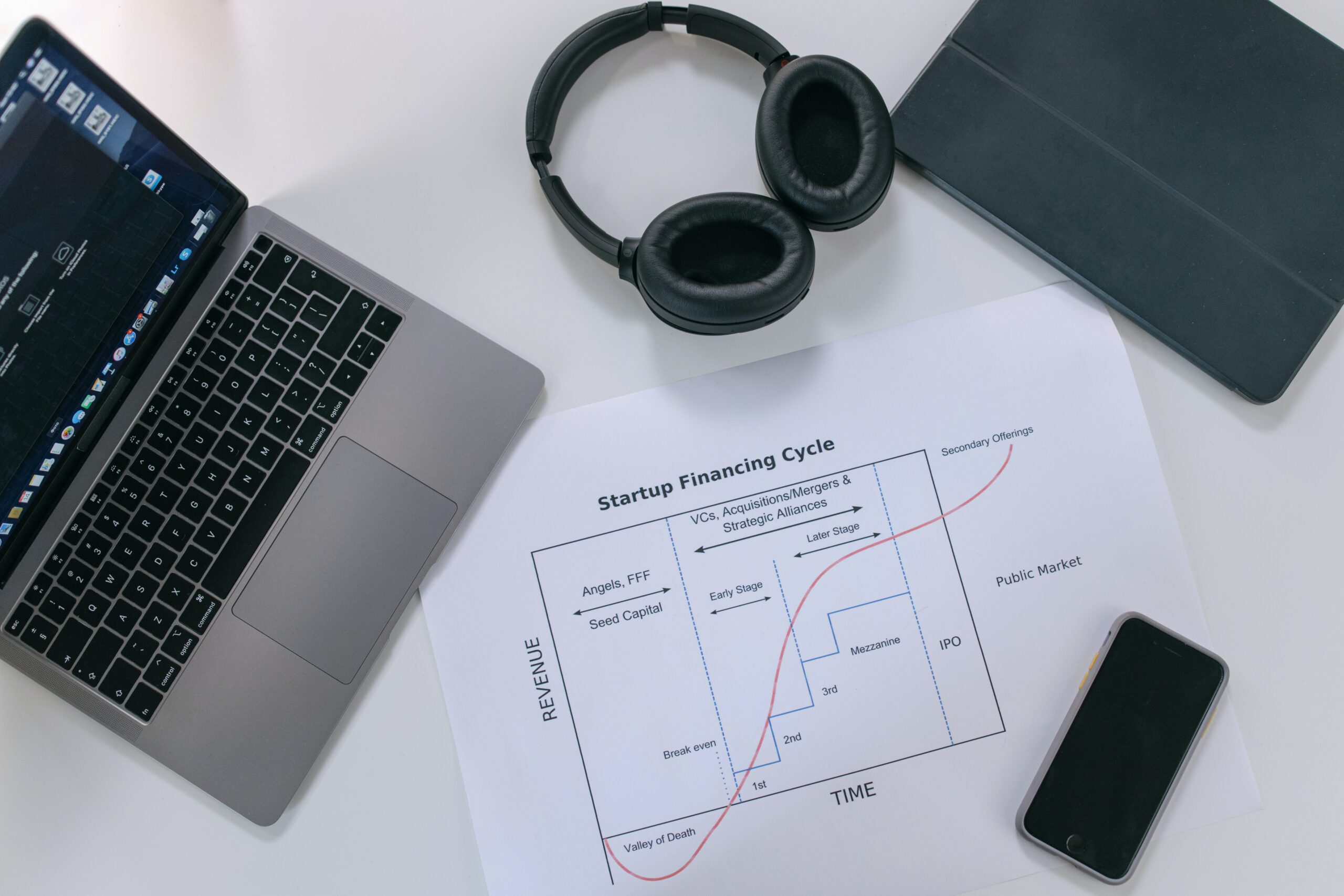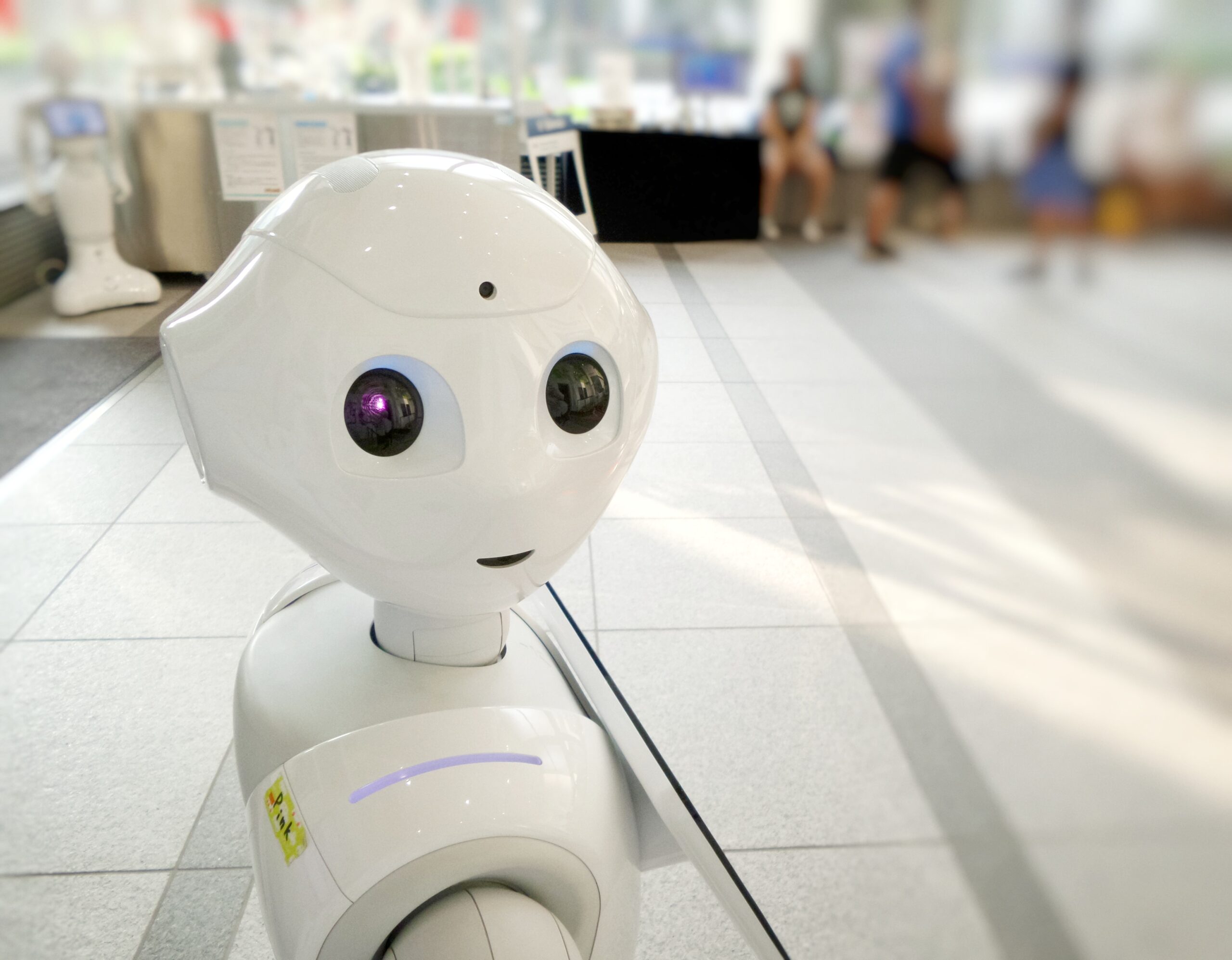In the dynamic landscape of today's digital age, the use of marketing automation has become a crucial strategy for companies looking to streamline their campaigns and improve overall operational efficiency. It serves as a cornerstone in navigating the complexities of modern marketing. The mere adoption of marketing automation However, tools do not guarantee success in this competitive environment. To truly unleash the potential of your campaigns and stay ahead of the curve, it's imperative to leverage the capabilities of predictive artificial intelligence (AI) integration. Predictive AI offers a transformative approach, providing businesses with valuable insights to take their marketing efforts to the next level.
Predictive AI acts as a catalyst for innovation in marketing automation by offering a versatile toolkit. From personalizing content and optimizing timing to efficiently segmenting audiences and refining customer journey mapping, predictive AI enables businesses to navigate the intricacies of the digital landscape. By embracing these six predictive AI tips, companies can revolutionize their marketing strategies and deliver a dynamic and responsive approach to campaigns that not only meets but exceeds expectations.
Harnessing predictive AI: insights into marketing automation
In the dynamic landscape of today's digital age, the role of marketing automation has become a crucial tool for companies looking to streamline their campaigns and increase overall efficiency. Although the adoption of marketing automation tools represents a crucial step forward, this in itself is insufficient to guarantee sustainable success in the competitive environment of digital marketing. To unlock the full potential of your campaigns, deeper integration of predictive artificial intelligence (AI) is essential. Predictive AI offers a wealth of insights, allowing companies to go beyond automation by aligning their strategies with a keen understanding of customer behavior and preferences.
Harnessing the power of predictive AI opens the door to a spectrum of possibilities that can transform your marketing landscape. From the ability to personalize content based on individual preferences to optimizing the timing of your campaigns for maximum impact, predictive AI is acting as a catalyst for innovation in marketing automation. Effective segmentation of your target audience becomes not just a goal, but an achievable reality through the analytical prowess of AI algorithms, ensuring that your campaigns resonate with different customer groups. Furthermore, the sophistication of customer journey mapping, guided by predictive AI insights, allows companies to create a seamless and personalized experience that guides customers through various touchpoints and ultimately moves them toward conversion.
Take advantage of the predictive capabilities of AI
Delving into the realm of marketing automation, the integration of predictive artificial intelligence (AI) introduces a game-changing capability: predictive forecasting. This is a crucial advantage for companies looking to improve their strategies. The essence of harnessing AI's predictive capabilities lies in its skill at analyzing historical data and discerning meaningful patterns. This process gives AI algorithms the foresight to anticipate future customer behavior and preferences.
Imagine this: by harnessing the power of predictive AI, companies can effectively see into the future the actions of their audience. This foresight enables a customized approach to campaign planning, where content can be meticulously curated based on predictions. The result is a highly targeted and relevant outreach strategy that speaks directly to the unique needs and preferences of the audience. Whether it's predicting the products a customer is likely to purchase in the future or determining the optimal time for engagement, integrating AI's predictive capabilities is becoming the linchpin for improving the overall effectiveness of marketing automation .
In essence, harnessing the predictive capabilities of AI transcends mere automation; it becomes a strategic tool for companies that want to not only keep pace, but also stay ahead in the dynamic landscape of digital marketing. The ability to anticipate and align campaigns with future customer actions positions companies to achieve impactful results, fostering a more meaningful and impactful connection with their audiences.
Personalize content to increase engagement
In the ever-evolving marketing landscape, personalization has become a cornerstone of successful campaigns. However, the infusion of predictive artificial intelligence (AI) is taking the concept of personalization to new heights. As companies navigate the complexities of reaching their audiences in a meaningful way, predictive AI is proving to be a formidable ally.
At the heart of this transformative capability is the rigorous analysis of customer data by AI algorithms. These algorithms delve into individual preferences, interests and behavioral patterns to reveal a nuanced understanding of each customer. Armed with this in-depth knowledge, companies can embark on a journey to create highly personalized marketing content that resonates with their target audience on a personal level.
Imagine receiving an email that not only captures your attention, but also speaks directly to your unique preferences and needs. This is the power of using predictive AI in marketing automation. Companies can go beyond generic communications and offer customized product recommendations that suit individual tastes. Custom landing pages further enhance this personalized experience, creating a seamless and engaging customer journey.
The impact is great: greater involvement and higher conversion rates. By delivering content that is not only relevant, but also resonates with individual customers, companies can forge stronger connections. This goes beyond a transactional relationship; it lays the foundation for building long-term loyalty.
Optimize timing to maximize conversions
In the intricate dance of marketing campaigns, timing emerges as a silent orchestrator of success. Companies realize this and are turning to predictive artificial intelligence (AI) to master the art of optimizing timing for maximum impact. It is more than just a planning tool; it's a nuanced approach to engagement that can make the difference between getting attention and being overlooked.
The magic lies in the analysis of historical data and customer behavior patterns by AI algorithms. By decoding the complex dance of past interactions, these algorithms gain the insight to identify the appropriate moments to engage with different segments of the audience. Imagine sending an email exactly when a customer is most likely to open it, or strategically scheduling social media posts during peak hours. This is the promise of harnessing the predictive capabilities of AI to refine and improve the timing of marketing efforts.
The consequences are far-reaching. Companies can significantly increase their chances of converting leads into customers by tailoring their reach to the rhythm of their audience's engagement habits. It's a strategic maneuver that goes beyond mere convenience; it becomes a dynamic engagement strategy that adapts to the ebb and flow of customer interactions.
Predictive analytics for segmentation success
In the complex array of marketing strategies, segmentation emerges as a crucial brushstroke, allowing companies to paint customized messages for specific customer groups. However, the challenge arises when faced with the vast canvas of a large customer base: manual segmentation becomes a time-consuming and complicated task. This is exactly where the power of predictive artificial intelligence (AI) comes into play, offering businesses a dynamic solution for effective and accurate audience segmentation.
Imagine the complexity of customer data being effortlessly searched by AI algorithms. Armed with the ability to discern patterns, these algorithms delve into the nuances of shared characteristics and preferences across the customer base. The result is the identification of different groups, each with its unique properties. It's a process that goes beyond demographics to understand the subtle complexities that define customer segments.
The significance of this goes beyond mere efficiency; it translates into the ability to create highly targeted campaigns that closely align with each segment. Predictive AI will be the leading force, ensuring that marketing efforts are laser-focused, engaging and, most importantly, deliver impressive results. The synergy between predictive analytics and segmentation becomes the secret sauce that transforms campaigns from generic to personalized experiences.
Use AI to refine customer journey mapping
In the intricate fabric of successful marketing campaigns, understanding the customer journey is an essential compass. Companies realize this and are turning to predictive artificial intelligence (AI) to guide them, enriching their understanding of customer interactions across different touchpoints and stages. It's more than just mapping; it is a transformative journey that unlocks insights into the subtle nuances of customer decision-making.
At its core, predictive AI delves into customer data, using advanced algorithms to reveal patterns and pinpoint critical moments that impact decisions. It's akin to having an observant companion along the customer journey who deciphers the signals that lead to conversion. Armed with this wealth of information, companies can then take on the strategic task of refining their customer journey maps.
The refinement process is not merely an exercise in optimization; it is a dynamic re-calibration that ensures marketing efforts are precisely targeted and aligned with customer needs at every stage. By using AI to map the customer journey, companies can create a seamless and personalized experience. Imagine a journey where every interaction is purposeful, every touchpoint resonates, and the path effortlessly takes customers to conversion
Measure and improve with AI-driven analysis
In marketing, the ability to measure campaign performance and gain meaningful insights from data is akin to having a compass for continuous improvement. However, the landscape has evolved and companies are turning to predictive artificial intelligence (AI) to take their analytical capabilities to unprecedented heights.
The transformative power of predictive AI is unfolding as algorithms seamlessly navigate massive amounts of data in real time. This isn't just data analysis; it is a dynamic process that provides companies with actionable insights and recommendations for improvement. The AI-driven analysis becomes the compass, not only pointing north, but also providing a detailed map of underperforming campaigns, identifying emerging trends and even predicting future results.
The implications are profound: marketing strategies guided by real-time insights, optimization powered by data-driven decisions and the ability to stay ahead. AI becomes the catalyst for agility and allows companies to tailor their marketing efforts with exceptional precision. Whether it's recalibrating strategies based on identified trends or refining campaigns for optimal performance, using AI to measure and improve ensures companies not only keep pace with industry dynamics, but also setting new standards for success.
Conclusion
Predictive AI has become a game changer in marketing automation and offers companies the opportunity to unlock the full potential of their campaigns. By leveraging the predictive capabilities of AI, personalizing content, optimizing timing, using predictive analytics for segmentation, refining and measuring and improving customer journey mapping with AI-driven analytics, companies revolutionize their marketing efforts and achieve exceptional results. As technology continues to evolve, the role of predictive AI in marketing automation will only expand, allowing companies to stay one step ahead and deliver highly targeted campaigns that resonate with their audiences. The possibilities are endless when it comes to unleashing the power of predictive AI in marketing automation, and companies that embrace it will undoubtedly reap the benefits of today's competitive landscape.












